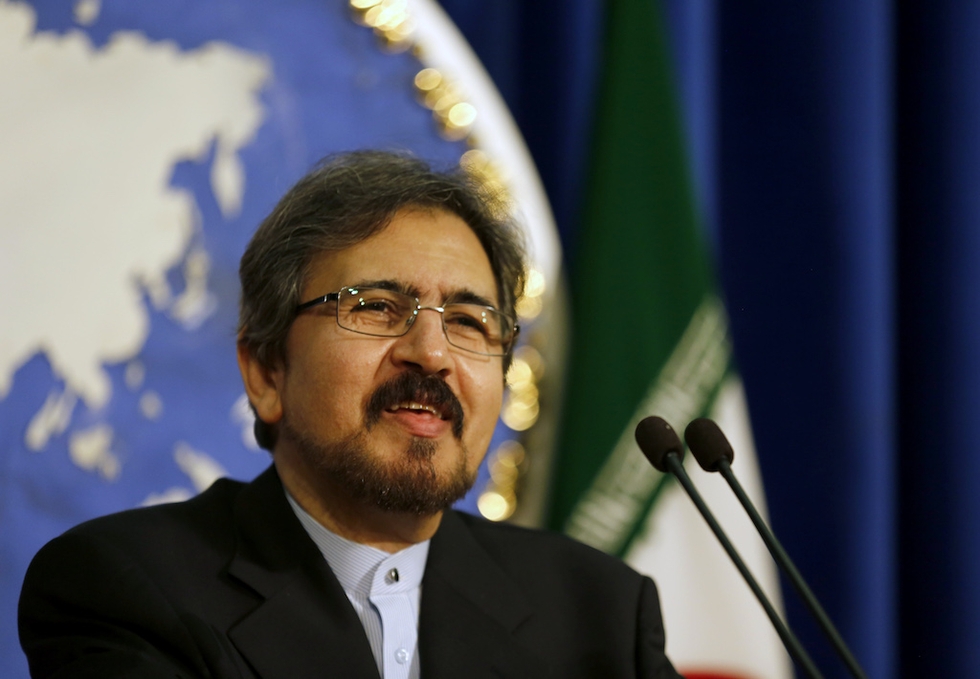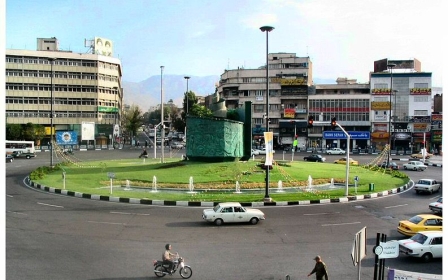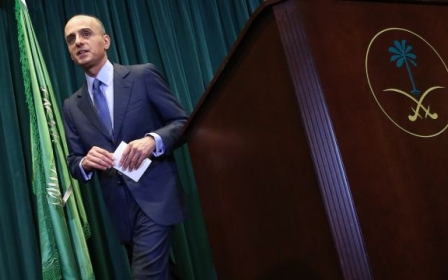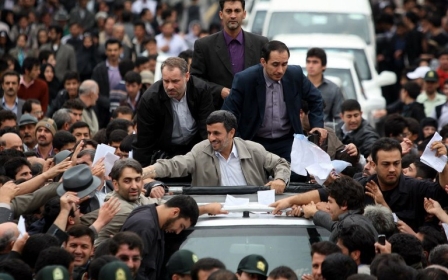Iran summons Turkish envoy over comments by president, foreign minister

Iran summoned the Turkish ambassador in Tehran on Monday over comments made by Turkey's foreign minister and President Recep Tayyip Erdogan accusing the Islamic Republic of destabilising the region.
On Sunday, Mevlut Cavusoglu told delegates at a security conference in Munich, “Iran wants to turn Syria and Iraq into Shia,” according to Turkey’s state-run Anadolu news agency.
Cavusoglu also said Turkey was against any sectarianism in the Middle East and had called on Iran to stop threatening the region's stability and security.
Tehran and Ankara support opposite sides in the conflict in Syria with Shia-majority Iran backing the government of President Bashar al-Assad while Turkey, which is majority Sunni, has backed elements of the Syrian opposition.
"We will be patient with their positions," Iranian foreign ministry spokesman Bahram Ghasemi said on Monday in reference to the comments made in Munich, according to the Mehr News agency. "But there is a certain cap for our patience."
The Turkish foreign ministry responded by saying Iran should "revise its regional policies and take constructive steps, rather than criticising countries that voice criticism of Iran".
But Turkish deputy prime minister and government spokesman Numan Kurtulmus had earlier in the day struck a more conciliatory tone, downplaying any reports of tension.
“Iran and Turkey are friendly nations. There can be differences in views from time to time, but there can’t be animosity because of comments," he told reporters during a news conference after a cabinet meeting.
"Even if our political differences with Iran emerge, these shouldn’t be blown out of proportion," he said.
Turkish troops are currently engaged in battles in northern Syria against the Islamic State group and also has a military presence in northern Iraq training Kurdish peshmerga and Sunni forces near Mosul.
Iran backs the mostly Shia Popular Mobilisation militia fighting in Mosul to free the city from IS but its forces have been accused of multiple abuses against Sunni civilians.
New MEE newsletter: Jerusalem Dispatch
Sign up to get the latest insights and analysis on Israel-Palestine, alongside Turkey Unpacked and other MEE newsletters
Middle East Eye delivers independent and unrivalled coverage and analysis of the Middle East, North Africa and beyond. To learn more about republishing this content and the associated fees, please fill out this form. More about MEE can be found here.




